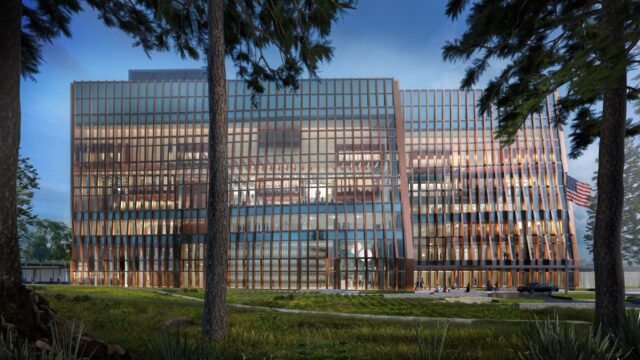
U.S. Embassy Tegucigalpa, Honduras
Honduras is an ally of the United States, and Hondurans historically view the United States favorably. Honduras hosts a joint military unit with U.S. service members at Soto Cano Air Base that builds partnerships with Honduras and other Central American countries to foster security, stability, and prosperity for the Americas. The country faces formidable challenges, including weak institutions, endemic corruption, pervasive poverty, food insecurity, high rates of violence including gender-based violence, impunity, citizen insecurity, shrinking space for civil society, lack of respect for human rights, inequitable access to economic opportunities and social services, extreme vulnerability to the impacts of climate change, and the ongoing COVID-19 pandemic. All of these challenges disproportionately impact marginalized communities and drive irregular migration as well as forced displacement. They also contribute to the expansion of transnational criminal organizations (TCOs). U.S. policy in Honduras focuses on addressing those challenges.
Through the United States Agency for International Development (USAID), the U.S. government works to improve prosperity, democratic governance, and security, so Honduran citizens, especially youth, are inspired to stay and invest in their future in Honduras. USAID’s integrated approach to addressing the root causes of irregular migration incorporates programming in agriculture and food security, education, workforce development, climate change resilience, anti-corruption, local governance, justice sector strengthening, and violence prevention, including gender-based violence prevention. All of USAID’s programming now promotes rootedness in Honduras and supports the reintegration of returned migrants into their communities. In addition, USAID funds the International Organization for Migration to provide for their safe and dignified return. USAID continues to expand its partnerships with local civil society organizations and private sector companies to support local ownership of development projects, build local capacity, and increase sustainability. In addition to long-term development assistance, USAID, through its Bureau for Humanitarian Assistance, also provides emergency resources to assist with disaster response and recovery, and acute food insecurity crises.
Due to the combined impacts of the pandemic and two hurricanes in recent years, the Honduran economy contracted by nine percent in 2020, but grew by 12.5 percent in 2021, supported by domestic reconstruction spending and strong U.S. growth. The United States is Honduras’ most important economic partner. The United States works with Honduras to address constraints on inclusive economic growth. Total (two-way) goods trade between the two nations totaled $11.6 billion in 2021. The U.S. exported $6.4 billion in goods to Honduras in 2021, while Honduras exported $5.2 billion in goods to the United States, making the U.S. goods trade surplus with Honduras $1.2 billion. Hondurans consumed $1.4 billion in U.S. services exports in 2021 while exporting $788 million in services to the United States.
Today, the U.S. embassy resides in Tegucigalpa.
Map Link:
Source:
United States Department of State, Office of the Historian and Bureau of Western Hemisphere Affairs
Social Links:
https://twitter.com/usembassyhn/
https://twitter.com/usembassyhn/
https://www.facebook.com/usembassyhn/